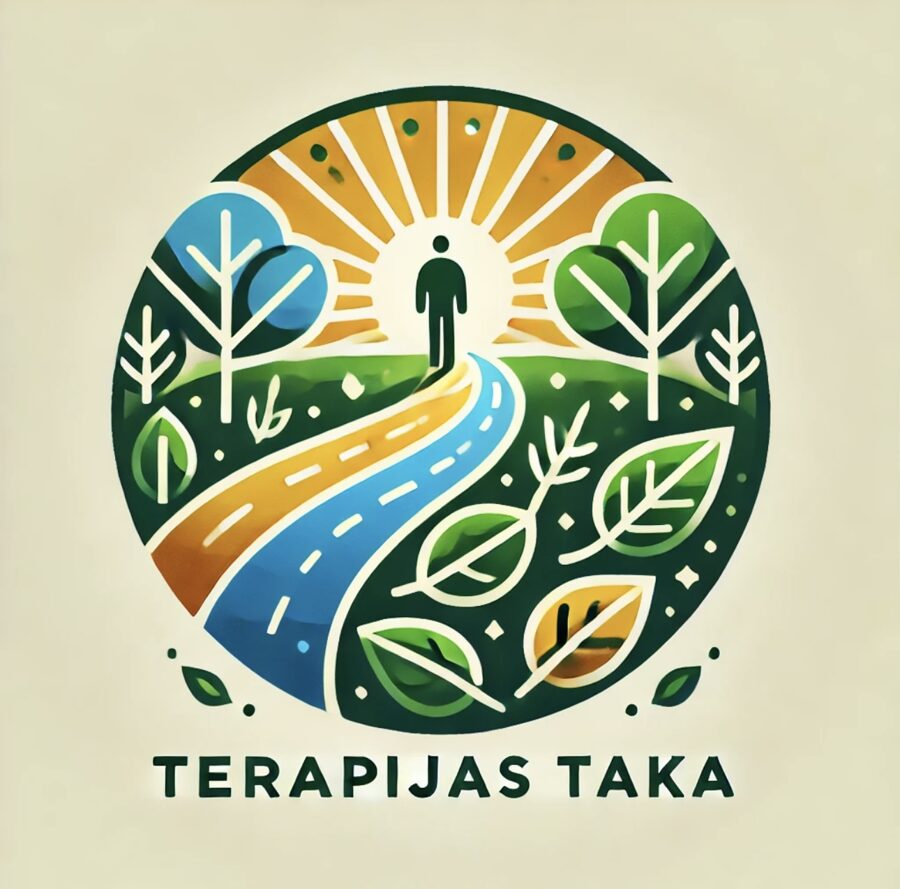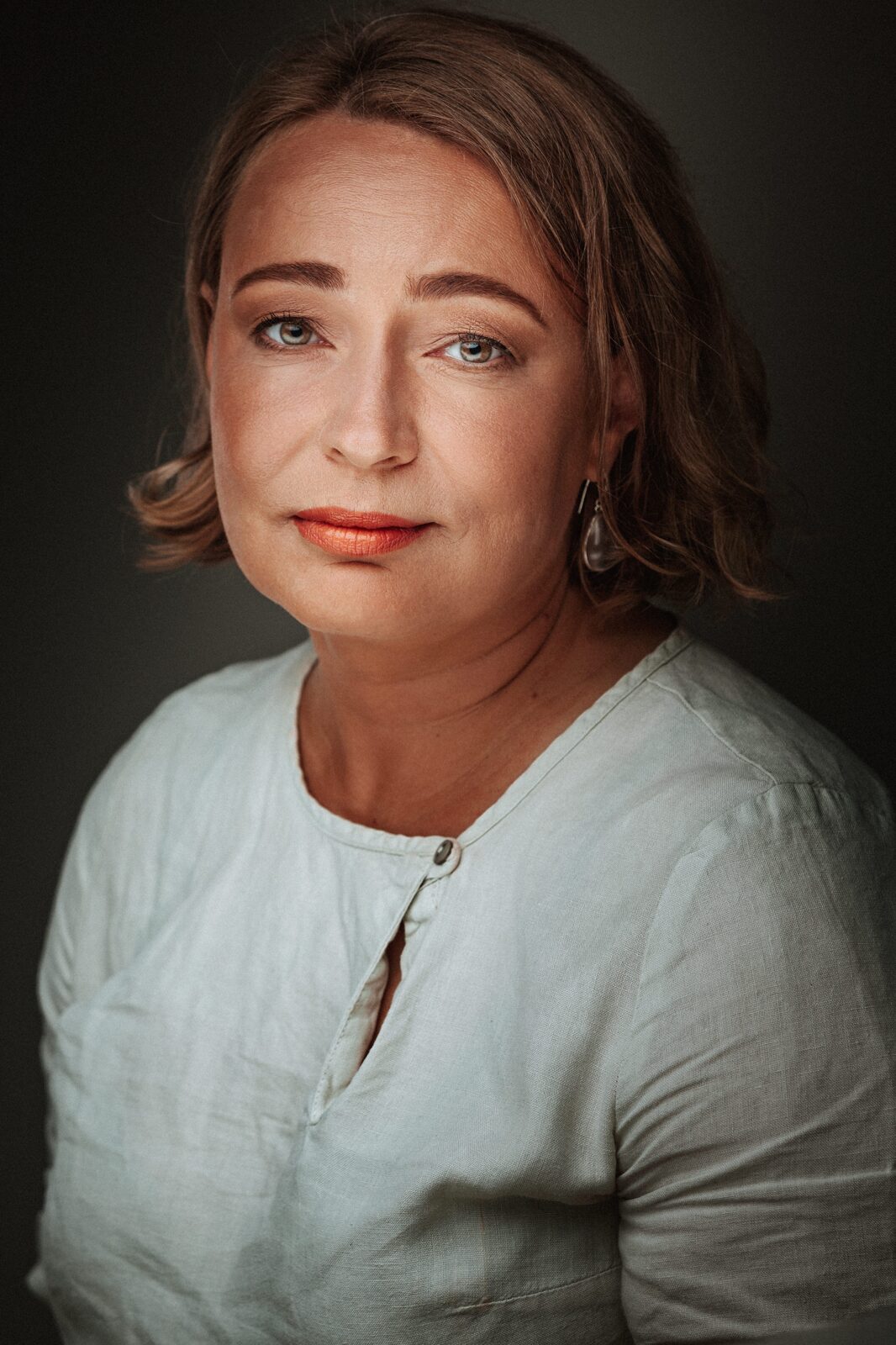My approach is compassionate, collaborative and one that helps clients become more aware of themselves and their emotions. It will be a shared path of exploration that will help you find answers to the most important questions in your life.In my practice I combine psychology with philosophy, so the questions will be ones that encourage you to look deeper into your life - to examine your values, goals, choices and possible consequences. I will not give ready-made answers, but questions that are likely to raise new questions for you. Sometimes it is enough to realise that there is no answer to a question and only then can you really begin to answer it.
I believe that many of the answers are within us, and we find them there when we start to look into our experiences, describe them and look at ourselves and our lives a little bit from the outside. For me it is important to be goal oriented as well as to have a more free flowing therapy process. Why is the goal so important in life and in therapy? Because without it, both life and therapy would be like Samuel Beckett's play Waiting for Godot - stuck in an endless waiting and hopeless hope for change. In this case, one is waiting for this resolution and direction from the outside, for example from an external authority. Existential philosophy holds that one of the inevitabilities of life is that everyone must find, or more precisely create, this solution for himself, as well as for the meaning of life. Often this realisation that I am the author of my own life comes about precisely in the process of therapy.
As in life, in therapy there is a limited time to deal with your problems, difficulties and big questions, so I am in favour of therapy where the client purposefully works on current life challenges.
I am not saying that you will solve all your problems in this therapy, but at least you will have had the opportunity to address them. I am not saying that I understand a person and know everything about them, but I want to understand and learn more about them. I am not saying that I no longer have any problems myself, but I have gone through many of them and found my own answers.
In therapy I am present - engaged and authentic. It is important for me to both empathically support the client and to be interested in his life, in his acceptance and exploration of his being.
I believe that we are each here to be happy! I believe that we have the power to make our lives happier in our own hands. The ability to be self-aware, to understand oneself and the other person, to cooperate and to move on despite the downs and setbacks.

